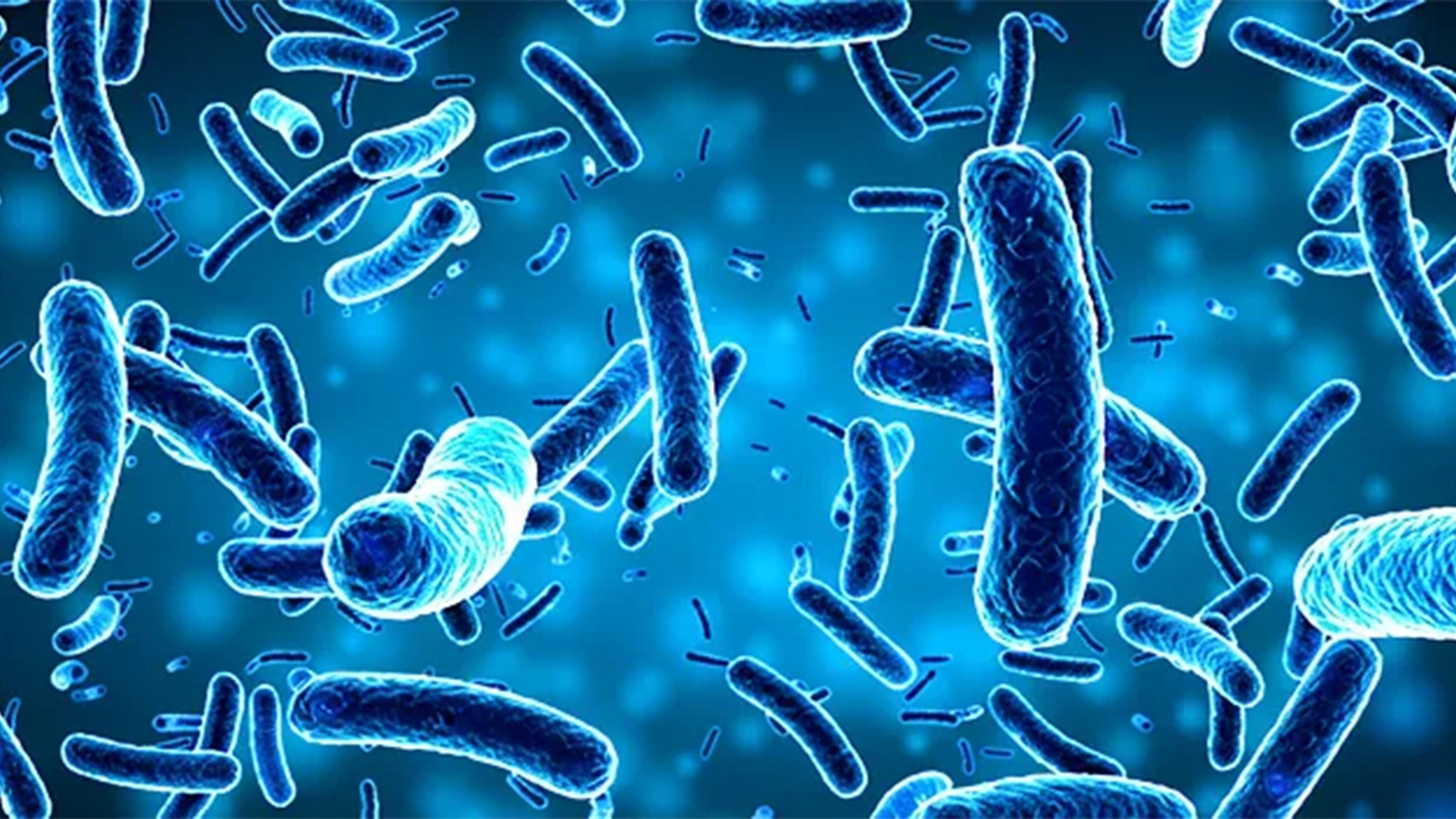•Commission, group screen N’East women for scourges
MORE than one million cervical cancer deaths have been prevented, and an estimated 86 million girls have been protected against the leading cause of the disease, through a concerted three-year effort by Gavi, the Vaccine Alliance and lower-income countries.
In addition, prevention of illness and death from cervical cancer between 2014 and 2024 across all Gavi-supported countries has generated more than $2.3 billion in economic benefits.
The milestone, announced on the first World Cervical Cancer Elimination Day, follows a major revitalisation of Gavi’s HPV vaccine programme that began in 2023.
CEO of Gavi, the Vaccine Alliance, Dr Sania Nishtar, lamented that every two minutes, a woman dies from cervical cancer, a disease that is both devastating and largely preventable.
She noted that in 2023, Gavi, in partnership with countries across the world, launched an ambitious campaign to protect 86 million girls against the primary cause of cervical cancer and prevent more than a million deaths, adding that they have now reached that target ahead of schedule.
Nishtar observed that the collaborative effort is driving major global progress towards eliminating one of the deadliest diseases affecting women.
She said: “Cervical cancer strikes hardest in lower-income countries, which often lack screening services and equitable access to treatment. As a result, these countries account for 90 per cent of the 350,000 deaths from cervical cancer recorded in 2022. Yet a safe and effective vaccine exists. The HPV vaccine – which protects against the human papillomavirus, the primary cause of cervical cancer – is highly effective, averting 17.4 deaths for every 1,000 children vaccinated.”
Nishtar noted that when Gavi launched its HPV vaccine programme in 2014, access to the vaccine remained limited and inequitable due to inadequate vaccine supply, lack of data on effective delivery methods, and lack of awareness of the importance of HPV vaccination.
RELATEDLY, the North East Development Commission (NEDC) and the Medical Women Association of Nigeria (MWAN) have tested over 500 women and adolescent girls for breast and cervical cancers in the Bauchi community.
The outreach, undertaken by MWAN, with support from the commission, screened women and girls in the Dunga community of Bauchi in October.
Speaking in Alkaleri yesterday, President of MWAN, Bauchi State Chapter, and a Consultant Gynaecologist at the Abubakar Tafawa Balewa Teaching Hospital (ATBUTH), Dr Umma-Hani Jaafaru, stated that the association would screen women across the 20 local councils to check the scourge.
Jaafaru said both breast and cervical cancer are a public health importance, with over 12,000 cases being recorded in Nigeria and over 8,000 incidents leading to mortality.
Her words: “Research has shown that a woman dies every two minutes as a result of cervical cancer.
“In this case, there is a global target from the World Health Organisation (WHO) or the elimination of cervical cancer. The aim is to have only four cases per 100,000. It is part of the target to get 90 per cent of girls aged 9-14 vaccinated against HPV. Seventy per cent of women should be screened for cervical cancer.”
She said that for the target to be met, community screening became necessary, and treatment was important.
Jaafaru explained that the first step of the exercise was enlightenment, which the association had been offering and had stepped out to screen women for treatment.
Also, NEDC’s representative, Mohammed Amir Ali, said the commission is committed to good health and care delivery across the region, hence the support for the free screening. “Breast and cervical cancers are preventable and curable, especially when detected early. We aim to close the gap in access to screening and ensure every woman can safeguard her health,” he stated.






